South Africa
More than 80 percent of South African children around the age of 10 have trouble reading and understanding what they read at the same time, an international study released Tuesday shows.
"Unfortunately, the results show disappointing scores," said Education Minister Angie Motshekga, citing the Progress in International Reading Literacy Study (Pirls), conducted every five years since 2001.
Thus 81% of South African schoolchildren in the fourth year of primary school, i.e. around the age of ten, read with difficulty, compared to 78% five years earlier. The coronavirus pandemic has contributed to the worsening of illiteracy, she said at a conference in Pretoria.
According to the minister, in many elementary school, "reading instruction focuses solely on oral performance, neglecting reading comprehension and the meaning of written words.
And many schools in Africa's most industrialized country lack textbooks and libraries, sometimes also lacking proper infrastructure or toilets.
Thirty years after the end of apartheid, the country is still marked by the poor education long imposed on the majority black population under the segregationist regime.
Many grandparents and parents are partly illiterate and find it difficult to help their children learn to read.
South Africa is one of three countries on the continent that participated in this study, along with Morocco and Egypt, and the only one in sub-Saharan Africa.



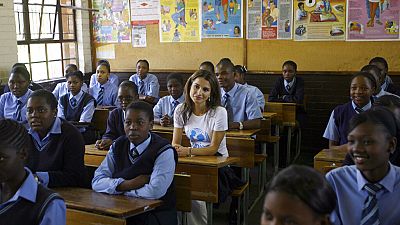

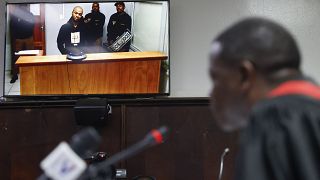
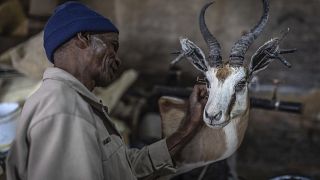
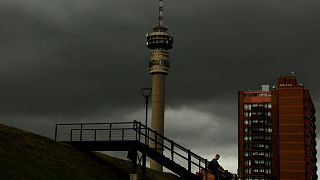
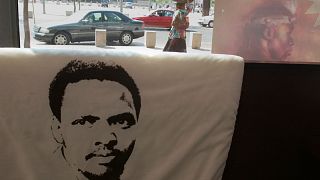
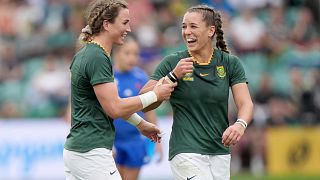
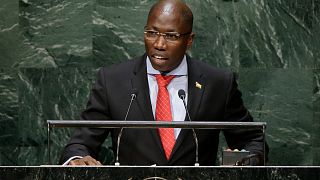
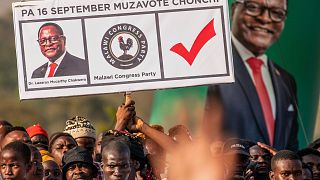
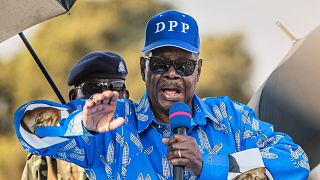
01:52
Nearly 80 million more children benefit from school meals, WFP says
Go to video
Congo confirms new Ebola outbreak in Kasai
Go to video
Moroccan feminist and LGBTQ activist sentenced to prison in blasphemy case
Go to video
US approves $32.5 million in assistance to Nigeria to help address hunger
01:00
Pix of the Day: September 2, 2025
Go to video
Elephant forced to drink beer at Kenyan nature park